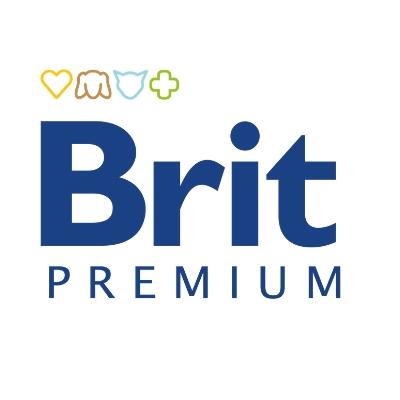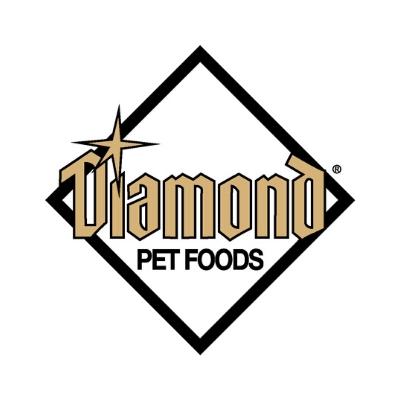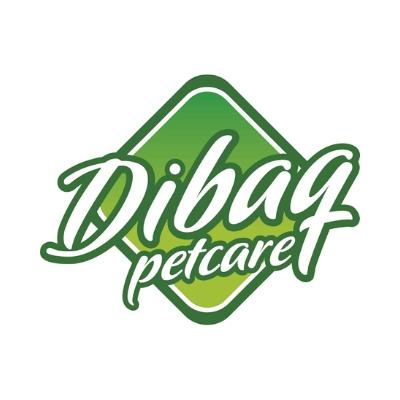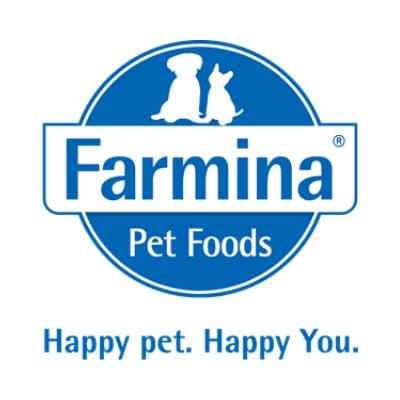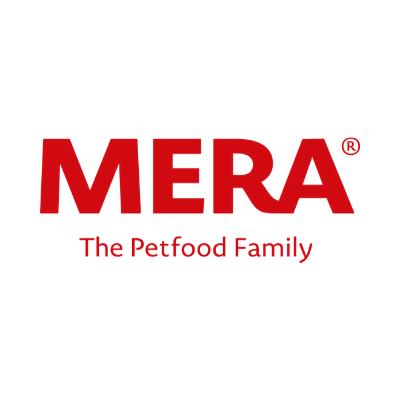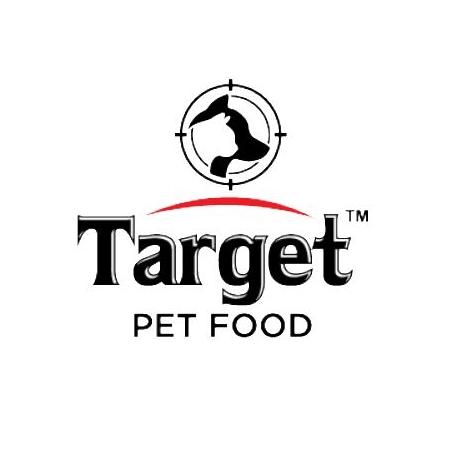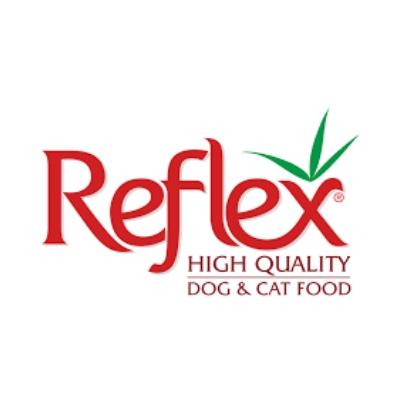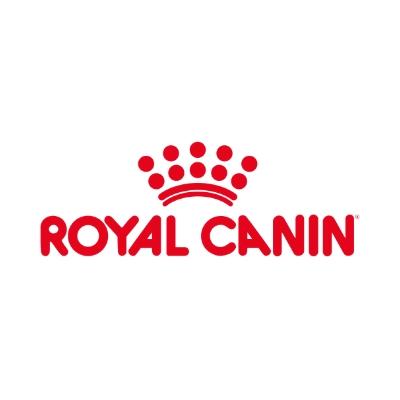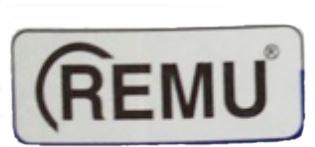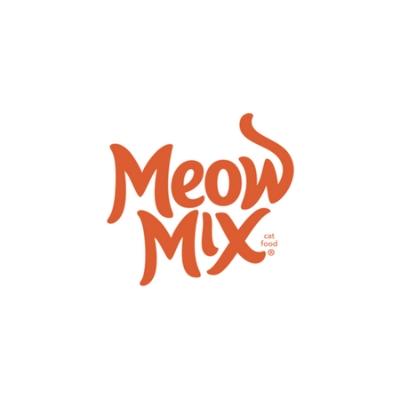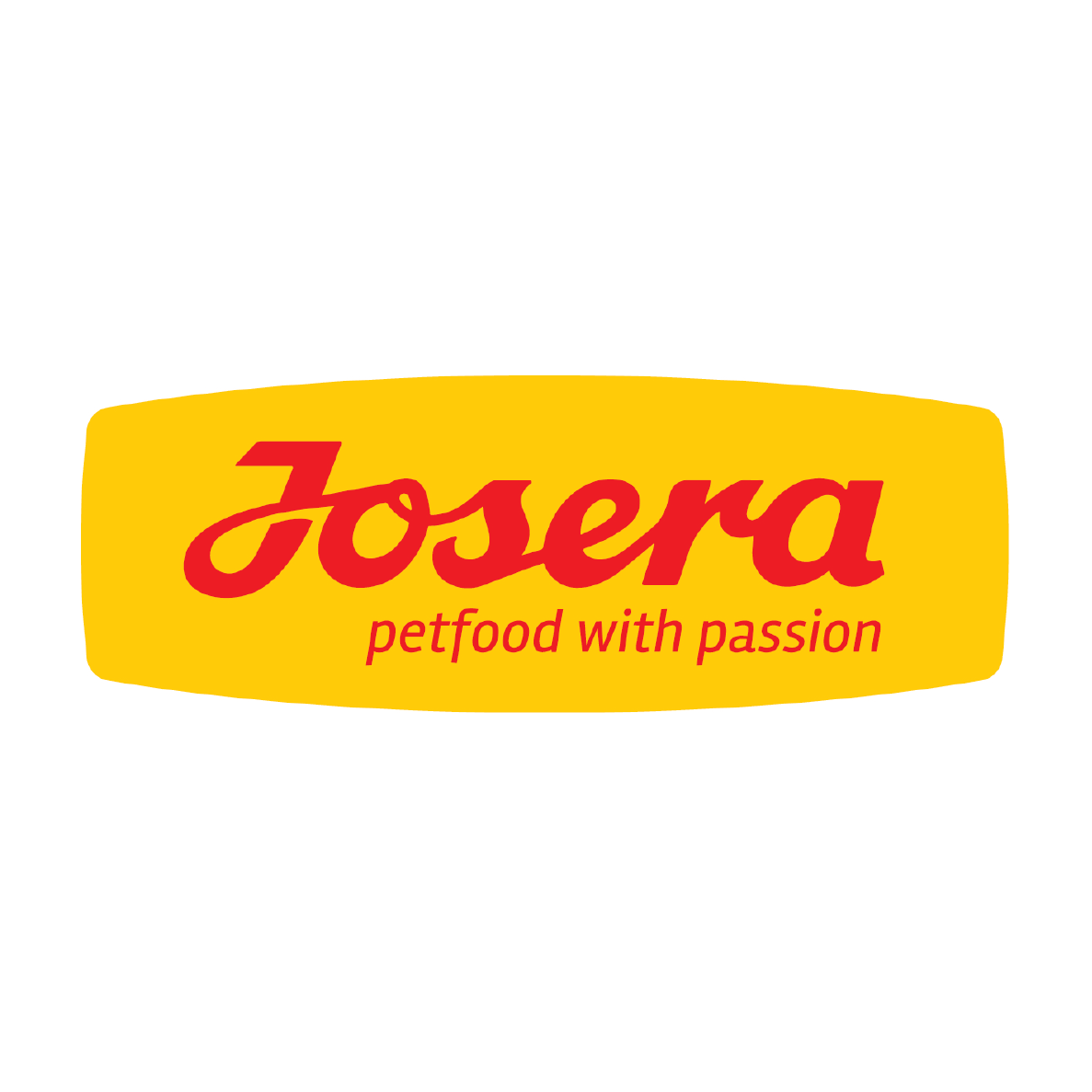Dog Growing Pains
Introduction
Panosteitis, commonly called "growing pains" or simply "pano," is an inflammatory condition that affects the long bones of rapidly growing young dogs. It causes a sudden onset of lameness and limping.
Causes & Prevention
Causes of Panosteitis (Growing Pains)
The cause of panosteitis in dogs is not known. Some experts believe that hereditary factors are involved, especially since the disease tends to occur along familial lines. Nutrition does not appear to be implicated, but allergies, metabolic disturbances, infection, immune system dysfunction, internal and external parasites and hormonal imbalances have been suggested as possible contributing causes. As an affected dog ages, the severity and frequency of bouts of lameness usually lessen, and the periods of remission between attacks typically last longer. Eventually, the disease runs its course. Most dogs suffer no lingering side effects from so-called "growing pains."
Prevention
There is no real way to prevent panosteitis in dogs, since the cause of the condition is not well understood.
Special Notes
Panosteitis is a primary differential in any young, rapidly growing large-boned dog with the acute onset of shifting limb lameness. Fortunately, this condition almost always resolves on its own, with time.
Symptoms & Signs
Introduction
Panosteitis ("growing pains" or "pano") is fairly common in young, rapidly growing mid-sized to large breed dogs – especially those with large bone structure. Panosteitis usually affects the long bones of the legs and seldom involves more than one leg at the same time. Once a particular bone has been affected, pano probably will not reappear in that same bone again. As a result, affected dogs may limp on one leg for a period of time, stop limping, and then become lame on a different limb.
Symptoms of Panosteitis
Panosteitis is extremely painful and can rapidly become debilitating. The symptoms usually to come on suddenly. Owners of affected dogs may notice one or more of the following signs:
Sudden lameness, usually in one leg at a time (acute onset)
Shifting lameness, from one limb to another
Fever
Loss of appetite (inappetence; anorexia)
Lethargy
Weakness
Pain on palpation of the legs
Depression
Reluctance to rise
Reluctance to engage in normal activities
Exercise intolerance
Whimpering or other vocalization when rising, moving or being touched
The sudden onset of panosteitis, and the obvious suffering that it causes to affected dogs, can be enormously distressing for concerned owners. Fortunately, panosteitis is not difficult to diagnose and normally can be well-managed medically.
Dogs at Increased Risk
Panosteitis occurs in many breeds. However, it seems to strike large-breed and large-boned dogs more frequently, especially the German Shepherd Dog and the Great Dane. Basset Hounds are also overrepresented. Dogs between five and twelve months of age are at increased risk, because this is a period of rapid growth, although panosteitis can affect dogs as early as two months and as late as five years of age. Males are more commonly affected by panosteitis than are females; the reason for this predisposition is unclear.
Diagnosis & Tests
Introduction
Panosteitis ("growing pains" or "pano") is not especially difficult to diagnose. It most commonly affects young, rapidly growing mid-sized to large-breed dogs, especially those with large leg bones, causing lameness that alternates between limbs.
How Panosteitis is Diagnosed
A veterinarian presented with a growing dog with shifting lameness will take a thorough history and conduct a complete physical examination. Dogs with panosteitis normally show signs of pain when their lower legs are palpated. Radiographs (X-rays) are the gold standard for diagnosing panosteitis. The long bones of an affected dog's limbs show characteristic opaque, patchy areas on film; these may be present even in legs that do not seem painful. The initial data base often will include blood work and a urinalysis, to assess the dog's general state of health. Dogs with long-term lameness – especially if the symptoms are progressively worsening - should be evaluated for other developmental orthopedic abnormalities, because panosteitis typically resolves on its own over time.
Special Notes
Panosteitis causes severe, acute pain. Fortunately, it usually lasts only a few weeks and causes no permanent disability.
Treatment Options
Introduction
Panosteitis is a painful inflammatory condition that targets the rapidly growing long leg bones in young, larger-breed dogs. The primary goal of treating panosteitis is to manage the dog's pain, so that it can engage in normal daily activities with as little discomfort as possible, until the condition resolves on its own.
Treatment Options
During the acute stage of disease, dogs with panosteitis require rest, restricted activity and supportive care. They may be given one of a number of different non-steroidal anti-inflammatory drugs (NSAIDs) to relieve pain. Corticosteriods normally are not used to treat this disorder, as they cause immune system suppression. In especially severe cases, stronger pain medications, such as opioids, may be appropriate, together with short-term inpatient care, intravenous hydration and nutritional support. Of course, a veterinarian is in the best position to assess a given dog and recommend appropriate treatment protocols.
Prognosis
Fortunately, panosteitis almost always is self-limiting, which means that it normally resolves on its own without causing permanent disability. As long as the dog's pain is managed, it should return to full unrestricted function in several weeks to months after onset of the condition.









